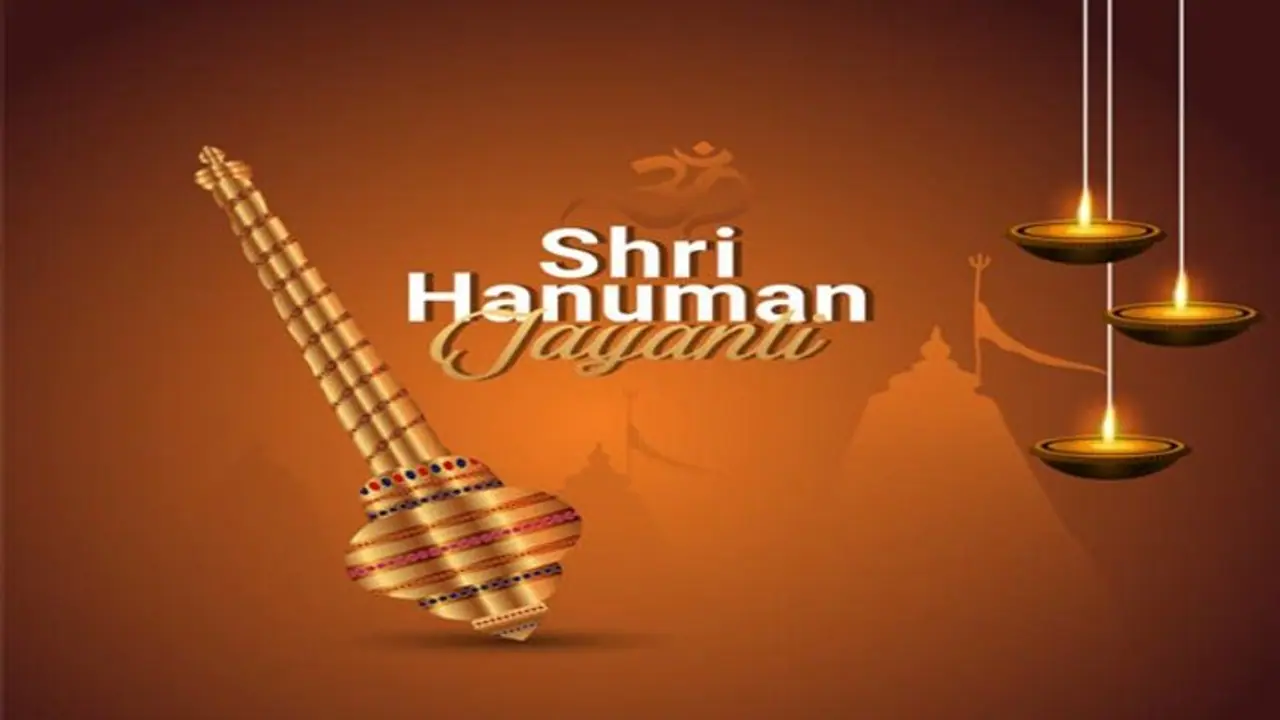Hanuman Jayanti is one of the holy days observed by Hindus. It takes place on the full moon day, or Purnima, of the light fortnight, or Shukla Paksha, in the Hindu month of Chaitra.
Hanuman Jayanti, also known as Hanuman Janmotsav, is a sacred Hindu festival commemorating the birth anniversary of Lord Hanuman, the monkey god. Lord Hanuman, one of the Ashta Chiranjeevi and a fervent follower of Lord Shri Ram, is one of the most well-known gods still alive on Earth. That is why people commemorate this day as Hanuman Janmotsav with great zeal and devotion.
Hanuman Jayanti is a Hindu celebration commemorating the birth of Lord Hanuman by Mata Anjani. It occurs on the fifteenth day of the brilliant half of the full moon in the Hindu month of Chaitra.
However, in southern India, it is observed on distinct days in each state. In Tamil Nadu and Kerala, it takes place on the Margashirsha Amavasya (new moon day), but in Andhra Pradesh and Telangana, it is celebrated on the tenth day of the Krishna Paksha of the Vaisakh month. Karnataka celebrates this fortunate festival on the Shukla Paksha Trayodashi (13th day) of the Margashirsha month, while Odisha, India's eastern state, observes Hanuman Jayanti on the first day of the month of Vaisakha (April).
In 2024, this festival will be held on Tuesday, April 23. The Purnima tithi (full moon day) begins at 03:25 AM on April 23 and ends at 05:18 AM on April 24.
On Hanuman Jayanti, worship Lord Hanuman in yellow, red garments, flower garlands, rose petals, ladoos, the halwa, and bananas.
What is the significance of the day?
Lord Hanuman's origins can be dated back to the beginning of Treta Yuga during the sixth Manvantara of Vaivasvata Manu, around 2.59 million years ago, according to the Valmiki Ramayana's Uttara Kanda. According to myth, Lord Hanuman was born to Anjana, who was the wife of Vanaraja Kesari, after she was condemned by Muni Vishwamitra for an unintentional disruption.
To break the curse, Anjana earnestly worshipped Lord Shiva and begged him to be a part of her unborn child. This heavenly union gave rise to the notion that Lord Hanuman is a manifestation of Lord Shiva. Furthermore, he is widely believed to be the son of Vayu Deva, the wind god.
The significance of Hanuman Jayanti is that Lord Hanuman is considered the 11th Rudra avatar of Lord Shiva and is adored as a symbol of courage, wisdom, and loyalty. It is thought that he's an immortal being with enormous power to eliminate all forms of negativity or temptation. Lord Hanuman is a devoted lover of Lord Ram and Sita, and he has never displayed his power or valor without a purpose. On this day, performing prayers and singing mantras to adore Lord Hanuman can help you accomplish these virtues.
According to Hindu legend, if you want Lord Rama to grant all of your requests, you must first go through Lord Hanuman, and Hanuman Jayanti is the most auspicious day for doing so.
